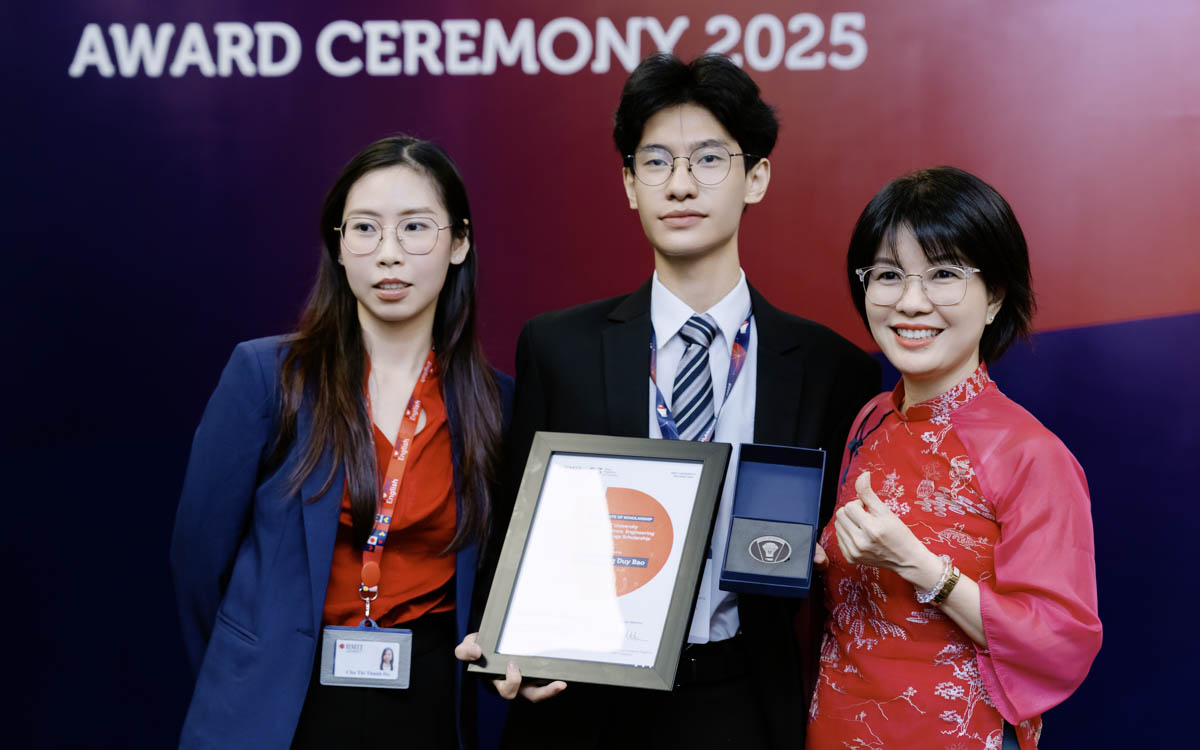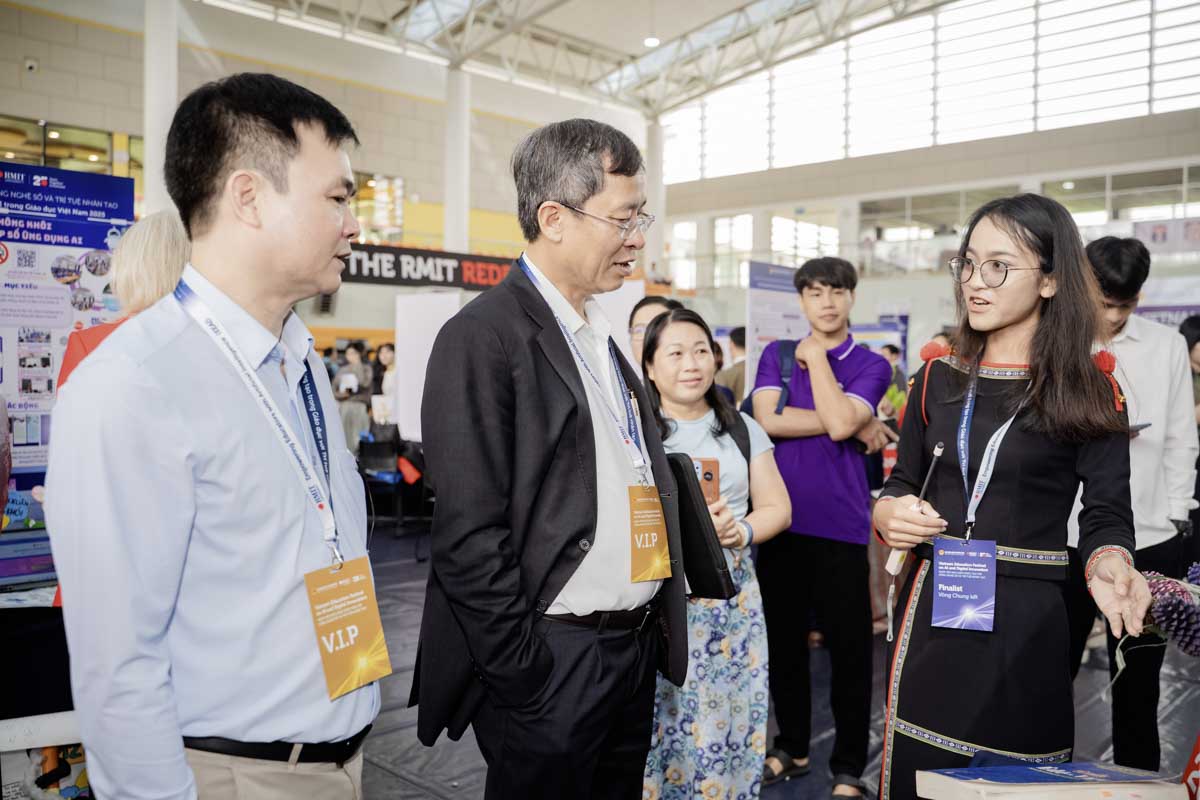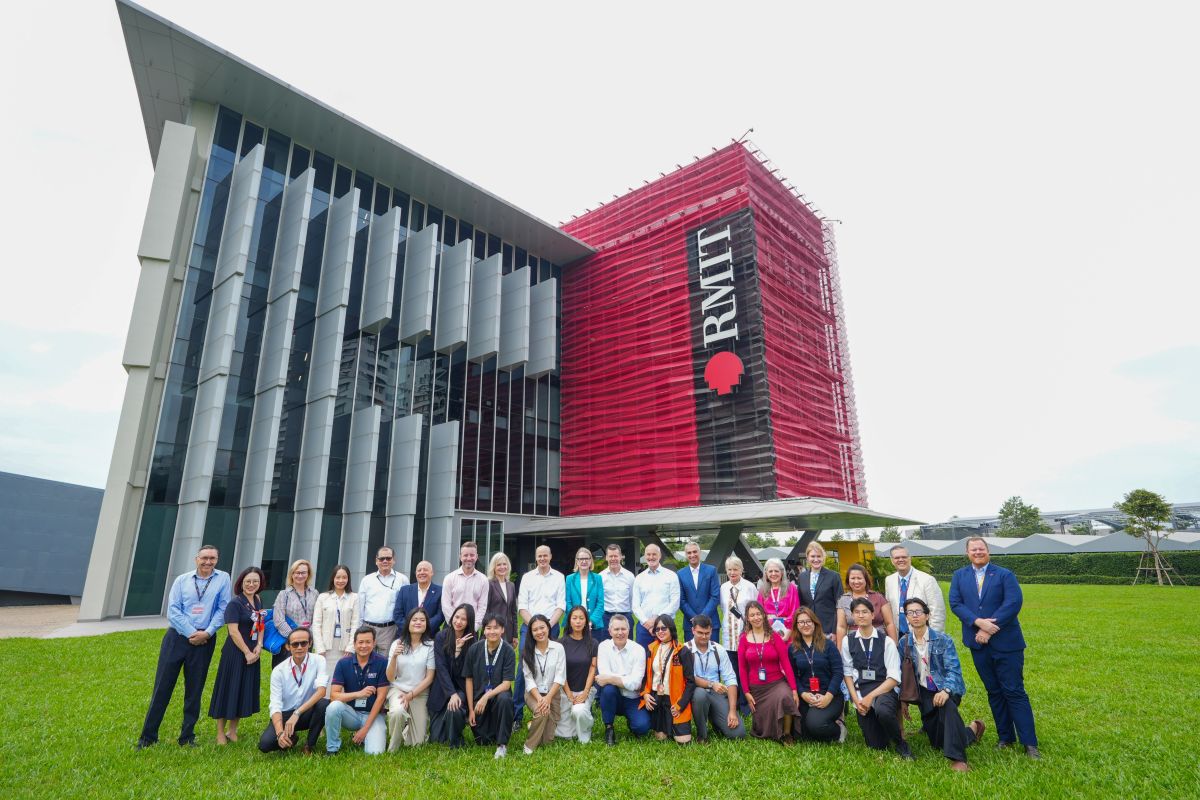The evolution of Vietnam’s national high school graduation exam
This 2024-2025 school year marks the full implementation of the 2018 General Education Program in Vietnam. Dr Scott McDonald from The Business School at RMIT Vietnam observes that the national high school graduation exam has evolved from a rigid, one-size-fits-all model into a more flexible system. This customisation adds a welcome dimension to what was once a completely standardised process.
“The introduction of elective subjects represents a significant improvement, allowing students to play to their strengths and choose areas where they feel most confident”, he says.
Echoing this view, Mr Melvin Fernando, Senior Manager of Careers and Industry Relations at RMIT Vietnam, notes that the reform shifts focus from rote memorisation to applied knowledge and critical thinking.
“Students are expected to demonstrate real-world problem-solving skills, with significant changes to exam formats in subjects like mathematics and literature,” he explains.
“While these changes add complexity, they also offer a more meaningful assessment of student abilities.”
What can be improved?
Dr McDonald argues that the traditional model of high-stakes, memorisation-heavy testing fails to capture deeper learning or real-world competence.
“Most of us memorised answers for exams only to forget them weeks later – so what did those tests actually evaluate?” he questions.
Dr McDonald proposes a rebalanced approach, with only minimal reliance on multiple-choice questions. Instead, he envisions assessments built around case studies and contextual problem-solving tasks. High school should focus on developing skills essential for university and career success, particularly critical thinking and problem-solving.
“These skills are often overlooked in traditional testing but are crucial for success in university and beyond. By shifting focus from memorisation to application, we could create an exam that better prepares students for the challenges they'll face in their academic and professional futures,” he says.
Although Mr Fernando sees promise in recent reforms aimed at fostering critical thinking and practical application, he emphasises the need to go further.
He suggests that there is still room to improve the exam experience by expanding assessment methods, reducing pressure through continuous evaluation, offering career-focused modules such as life skills, digital literacy, or entrepreneurship, and investing in student well-being.
These additions, Mr Fernando believes, would not only reflect a wider range of talents but also ease the immense pressure of a single, decisive exam.
Dr Jung Woo Han, Interim Deputy Dean (Academic and Quality), Students & Education Portfolio at RMIT Vietnam, offers a regional comparison. Drawing from South Korea’s evolving admissions landscape, he highlights how Korean universities increasingly consider a broad spectrum of student achievements, including school participation, volunteering, project work, leadership roles, and reflective writing, alongside academic records. Additionally, there are special tracks for students with outstanding achievements in science, sports, or the arts.





